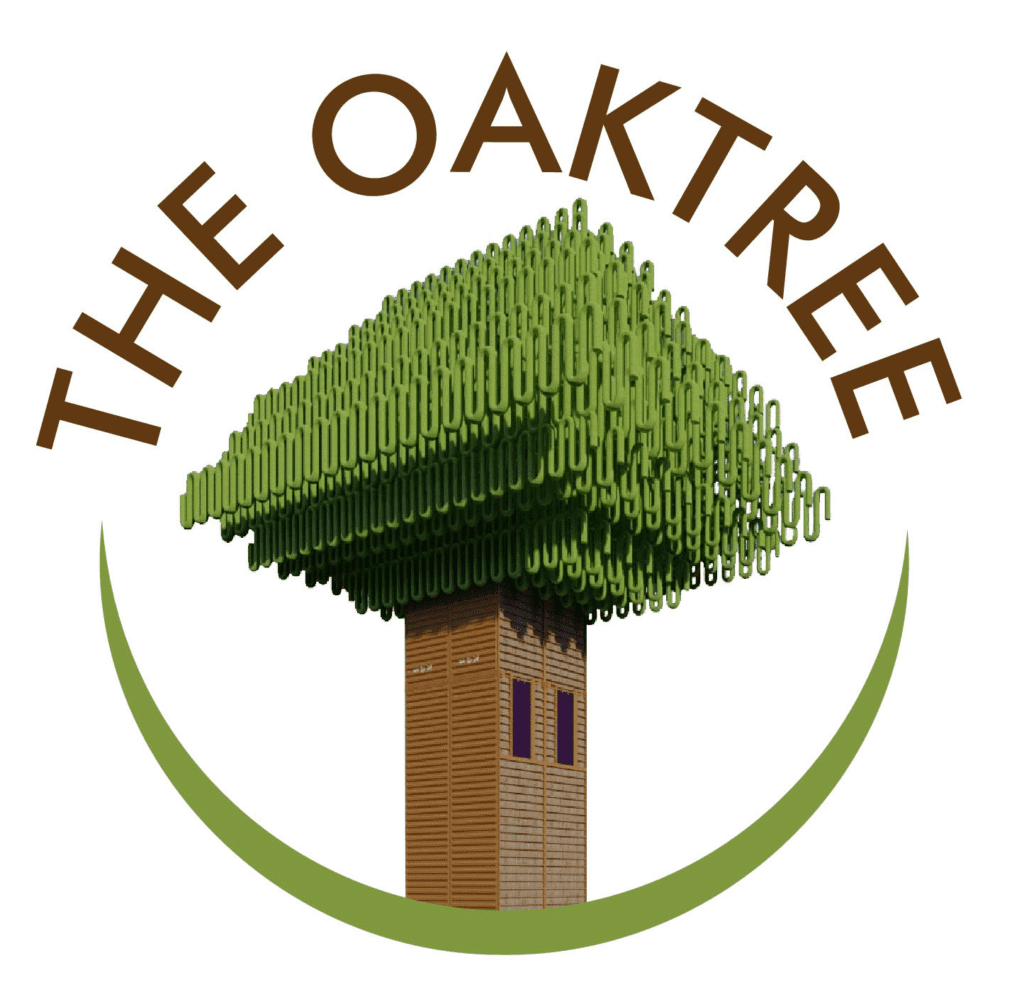UPDATED JULY 16, 2023 11:01 AM
NOTE: This is the second article from the State (SC)
SOCIETY HILL, SC On a placid day three decades ago, men from a local textile factory spent hours at the O’Neal family’s farm, pitching a plan they said could save money on the cost of fertilizing crops. The idea was to spread the textile plant’s waste on property the O’Neals had been farming for generations. The waste sludge contained nutrients that would make crops flourish — and, unlike commercial fertilizer, it wouldn’t cost the family a dime. So the O’Neals, like other farmers in their community, agreed to use the sludge. But in 2019 the government began to find hazardous chemicals in the drinking water of local farmers and their neighbors. All of them lived and worked in areas where farmers had used sludge from the Galey and Lord textile plant. And many of the wells they drank from were polluted with the same chemicals being found in sludge at the factory several miles away. As the eastern South Carolina community learned about the water pollution, some residents began to question why they or their loved ones had become sick and whether the contamination would affect the future use of their land in rural Darlington County. Many of them today are angry and asking why the textile plant — with the blessing of state government officials — assured them the Galey and Lord sludge was safe.
Since the early 1990s, municipal wastewater plants and industries have spread sludge on thousands of acres of agricultural land in South Carolina as a way to get rid of the gooey refuse, often in the name of good farming practices, according to records examined by The State and its parent company, McClatchy. All told, more than 3,500 farm fields have been approved to receive sludge. Sewage plants, factories and other types of industrial facilities were approved to spread sludge and wastewater by the S.C. Department of Health and Environmental Control. Clusters of sites are found from the hills near Greenville to the flat landscape of the Pee Dee. Now, increasing evidence shows that some sludge contains chemicals with a toxic punch called per and polyfluoroalkyl substances, or PFAS. The class of toxic compounds has only in recent years become widely known to the public. Commonly called forever chemicals, the material is of such concern that the U.S. Environmental Protection Agency has proposed a strict drinking water limit of 4 parts per trillion on some types of the chemicals. Forever chemicals got their name because they do not break down easily in the environment, meaning they can pollute the earth, rivers and groundwater for decades. Few, if any studies, are known to have been conducted to assess the threat of the sludge application program on people in South Carolina. But other states, such as Maine, have linked sludge fields to well pollution and contaminated crops.
Comments by The Oaktree:
We wish that spreading sludge on agricultural land was something that belonged to the past, but it’s not. The Oaktree is currently working with DHEC to certify our technology for continuous testing of PFAS as well as process ensuring the farmers that the biochar that they spread on the fields is not only safe for the plants but also for us humans.


